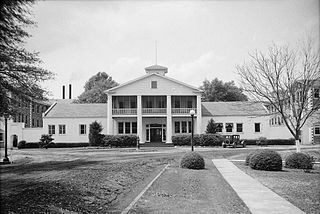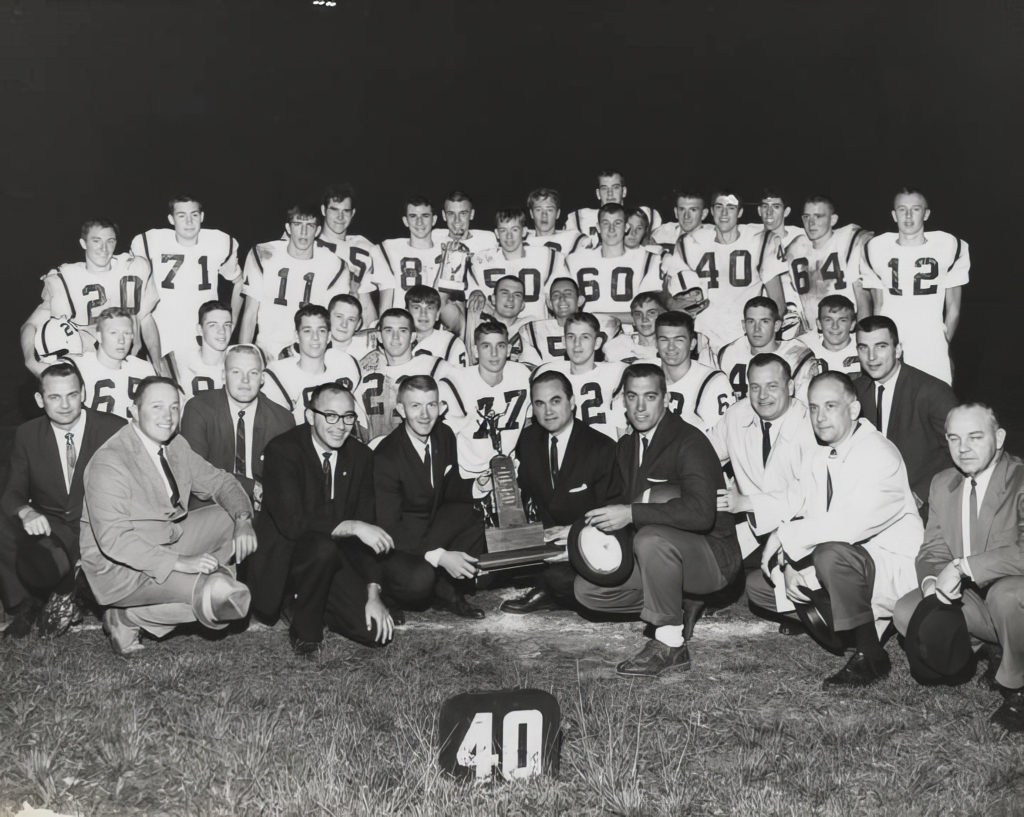A Story of Race and Inheritance
I grew up in rural Alabama in the days when George C. Wallace was governor. I actually heard him speak once at my high school football half time. I remember hearing his trademark campaign slogan: “There’s not a dime’s worth of difference between the Republicans and Democrats.”
Like many folks in my town when I was little, we had a black maid (her name was Minnie J____) who came once in a while. The only two other black people whose names I even knew in my town were the school janitor and the taxi driver (reputed to be the fellow to go to for a “prophylactic”). But apart from them, I knew no black people because my town and my school were segregated. The black state residential mental health facility was located about 15 miles away (Searcy Hospital in Mount Vernon, Alabama). It’s closed now. I was in quartet of local church boys and we would go over some times and sing at their worship services. That was the first time I shook a black man’s hand. (I also remember vividly a high school psychology class visit there to see a demonstration of electroconvulsive therapy.)

When I went to college in Mobile, I was in the Baptist Student Union (which we didn’t call the “BSU” because that was already taken by the Black Student Union). Those were the days of “radicals.” There were a couple of kids in that group, Willie and Martha, who were black and we all sat around and sang Kumbaya and such. I was at Martha’s house once briefly. Willie wanted to be a mortician and I learn to spell his rather complicated last name, but they were just casual friends. The relatively few black kids on campus rather stayed to themselves, and there were no black students in the Math department, my major, where most of my friends were.
When I went to work for the State of South Carolina, I hired a black fellow. I wouldn’t call him a good friend, but I did help him move a piano into his house, and I guess a friend is someone you can ask to help move a piano. He just couldn’t say “Vietnamese” right although the lady he was dating was that. He worked three jobs one of which was playing for some of the Masses at St. Mary’s Catholic Church.
But afterwards, we didn’t have any black employees for any significant period of time, not by design, but because there weren’t many good black software developers in the area, and the ones that there were got snapped up by companies with affirmative action plans.
In the South neighborhoods and churches are still mostly segregated, by history if not design, and I really didn’t get to know black people. There just aren’t that may black Lutherans in upstate South Carolina. (There’s the humorous true story about the Yankee who was given directions, to go 2 miles and turn right at the black church, and was puzzled at never having seen a church painted that color.)
I meet the infamous anti-birther, Rikker, and his son, but that was pretty brief and in a large group. For whatever reason, the anti-birthers I know are mostly white. And in fact it’s only been since I joined the Civitan Club in Greenville that I had the opportunity to really get to know black people socially, and finally I can say that some of my best friends are black.
The subtitle of the story comes, of course from President Obama’s book Dreams from My Father. I can hardly imagine two Americans with such a totally unlike experience growing up as we two.
Update (2024)
In the years following I joined the Greenville Civitan Club, a group that was perhaps 25% black, and made some good friends, some of whom are still my friends on Facebook 5 years after I moved away. Now all my black friends are folks who work for or participate in Habitat for Humanity in Charlottesville. My neighborhood here in Virginia is once again all white. That’s just how it is.

